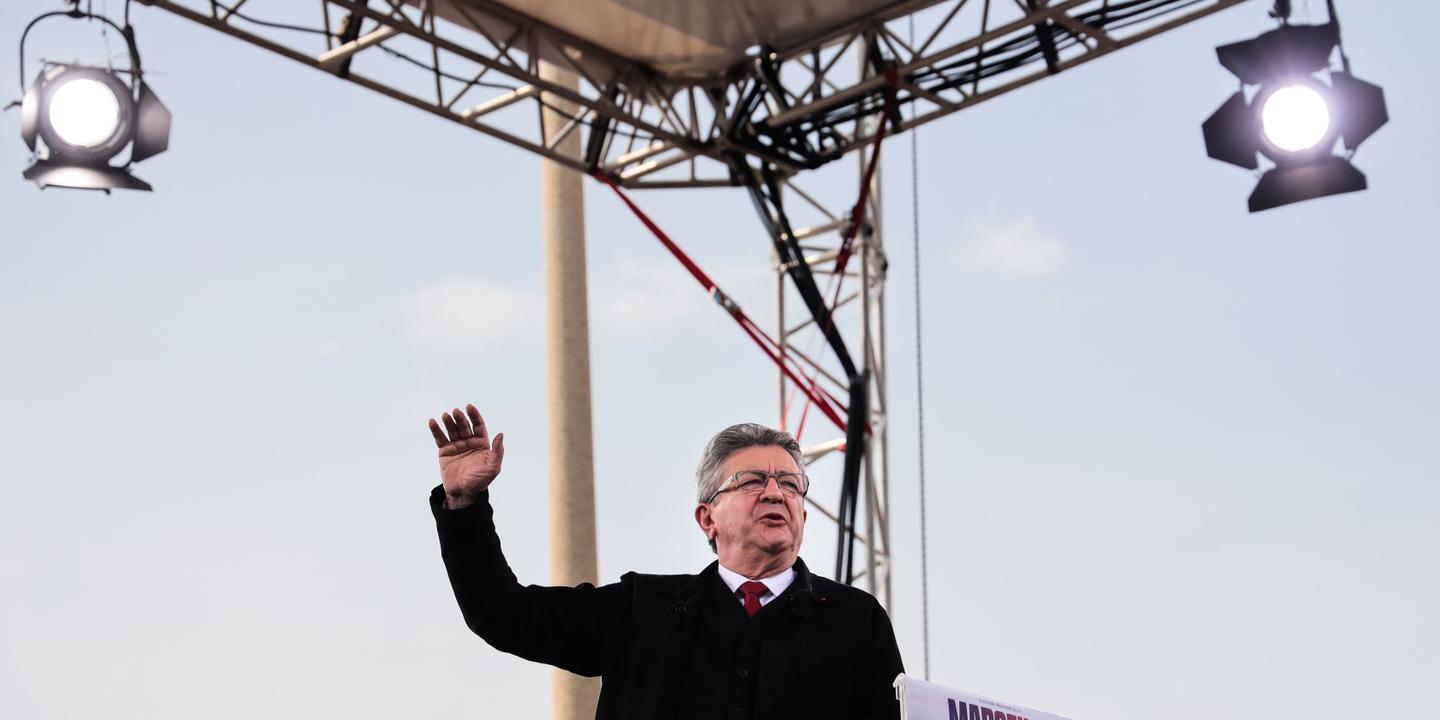March 2020. The Government decrees the quarantine and the closure of all non-essential activities to deal with the pandemic. To alleviate this slowdown in the business of companies, a system of credits guaranteed by the State is established, through the ICO, with which to provide liquidity to face the fixed costs that they maintain despite not being able to operate. March 2022. Many of these companies begin to see that in the coming weeks and months the grace periods established by those contracts expire and that they have to face these payments. The activation of these amortizations could not come at a worse time: very high inflation and uncertainty for the economy due to the crisis opened by the Russian invasion of Ukraine.
Government and carriers agree on a reduction of 20 cents per liter of diesel and measures for 1,000 million
Know more
The ICO estimates that there are around 380,000 companies that would have to face their first payments between March and June of this year. They are those that already extended the grace period, given the length of the economic crisis caused by the pandemic. Now, all of them receive a certain relief, for the time being in the form of an announcement.
The First Vice President of the Government and Minister of Economic Affairs, Nadia Calviño, reported this Wednesday in Congress on news for companies. The first two refer to those who took advantage of ICO loans to face the impact of the pandemic. The Executive announced its intention to extend the period to repay these loans, which, according to the company, is currently between 5 and 10 years. In addition, he advanced that it is being negotiated with the Bank of Spain to extend the grace period of these credits for a longer time. The third novelty involves, under the new support measures approved by the European Commission for the war in Ukraine, a new credit program guaranteed by the State for companies that are suffering the impact on their activity.
This announcement was ratified a day later by the Minister of Transport, Raquel Sánchez, by including this aspect within the package of measures agreed with the carriers in order to end the stoppages that have caused problems in the supply of the agri-food sector in recent weeks. .
In 2020, banks channeled around one million loan operations guaranteed by the State and aimed at companies, both SMEs and large companies. The ICO insured 80% of the amount in the case of SMEs and between 60% and 70% for larger companies, in exchange for limiting the cost of these loans for customers who requested them. In total, these credits mobilized 122,122 million euros, according to data from the Official Credit Institute. Of that total, just over 75% is backed by public coffers, some 92,700 million euros. The range of companies that used this tool was very wide and even reached fifteen professional football clubs, including Real Madrid, Barcelona and Atlético de Madrid.
Initially, they were granted a 12-month grace period. A year in which they did not have to deal with the payment of the credit. The successive waves of the pandemic forced the Government in November 2020 to allow companies to take advantage of a broader grace period, being able to add a maximum of 12 extra months. It is estimated that there are 380,000 operations that took advantage of this extension and they are the ones that had to assume the repayment of their loans in the coming weeks and months. In addition, the term to return the money could go from five to eight years, depending on the case.
The rest, around 75% of the operations that account for 60% of the capital that was granted in this way in 2020, have already been activated in recent months. That is, they are loans that are already being repaid by companies. These credits, for the most part, correspond to companies that had already recovered their activity more normally and, therefore, saw themselves with the capacity to start with the repayment.
During the presentations of the results of the banks last January, the executives were reporting that the level of delinquency among these businessmen was low and, therefore, they did not pose a problem for the banks’ balance sheets. Although, it should be remembered, that the bank ‘only’ plays 20% of the delinquency that may arise from these loans
The announcement made by Calviño and the small letter has yet to materialize. The small print and the scope of these new measures should be specified in the coming days. The vice president announced her intention to include these developments in the Royal Decree Law that the Government is preparing for next Tuesday, March 29, to approve the measures to deal with the economic problems caused by the increase in inflation and the impact of the war in Ukraine. By then, it will be necessary to clarify which companies will be able to take advantage of the new ICOs, how much will be allocated to it, and how companies that already have loans guaranteed by the State will be able to benefit from the extensions that the Executive intends.
The bank celebrates the announcement
In banking, this announcement by the Government has been received positively, but the sector is awaiting its conclusion. Since this aid to companies was approved in the spring of 2020, the banks have not hidden their satisfaction with how it has worked and with the maintenance of a significant part of the companies that suffered the impact of the pandemic. These credits, in addition, have meant for the bank to resume a line of activity, loans to companies, which in the years prices to the health crisis were down. And, furthermore, with a very contained risk, since the State assumes most of the potential default.
Sources from the sector consulted indicate that the ICO loan portfolio is being “closely” followed and that the observed behavior “continues to be positive”. Although, it is recognized that it is still early to assess how the companies whose grace period ends in the coming weeks and months will react. However, it is assumed that the situation of high electricity and fuel prices may have an effect on their ability to assume payments.
For this reason, they celebrate that the companies with the most problems can benefit from the new system that the Government plans to approve next week. Publicly, the banks have not yet advanced the expected impact on non-performing loans. However, the speeches at the shareholders’ meetings that the main entities are holding these days do not hide the fear that the economic recovery after the pandemic will slow down. For this reason, the CEO of Bankinter pointed out this Wednesday that “the bank has decided not to release the extraordinary provisions made in 2020 to prevent the possible macroeconomic worsening that could occur as a result of the geopolitical crisis that we are suffering. We have decided to keep them on the balance sheet while waiting for the economic horizon to clear completely.”
Through these credits, the State has guaranteed more than 13,600 million in the tourism, leisure and culture sector, 10,000 million in construction, and another 8,000 million in business, professional and administrative services, according to the report of the ICO updated at the end of February. Together, these activities account for a quarter of the total loans granted with public guarantees.
–


